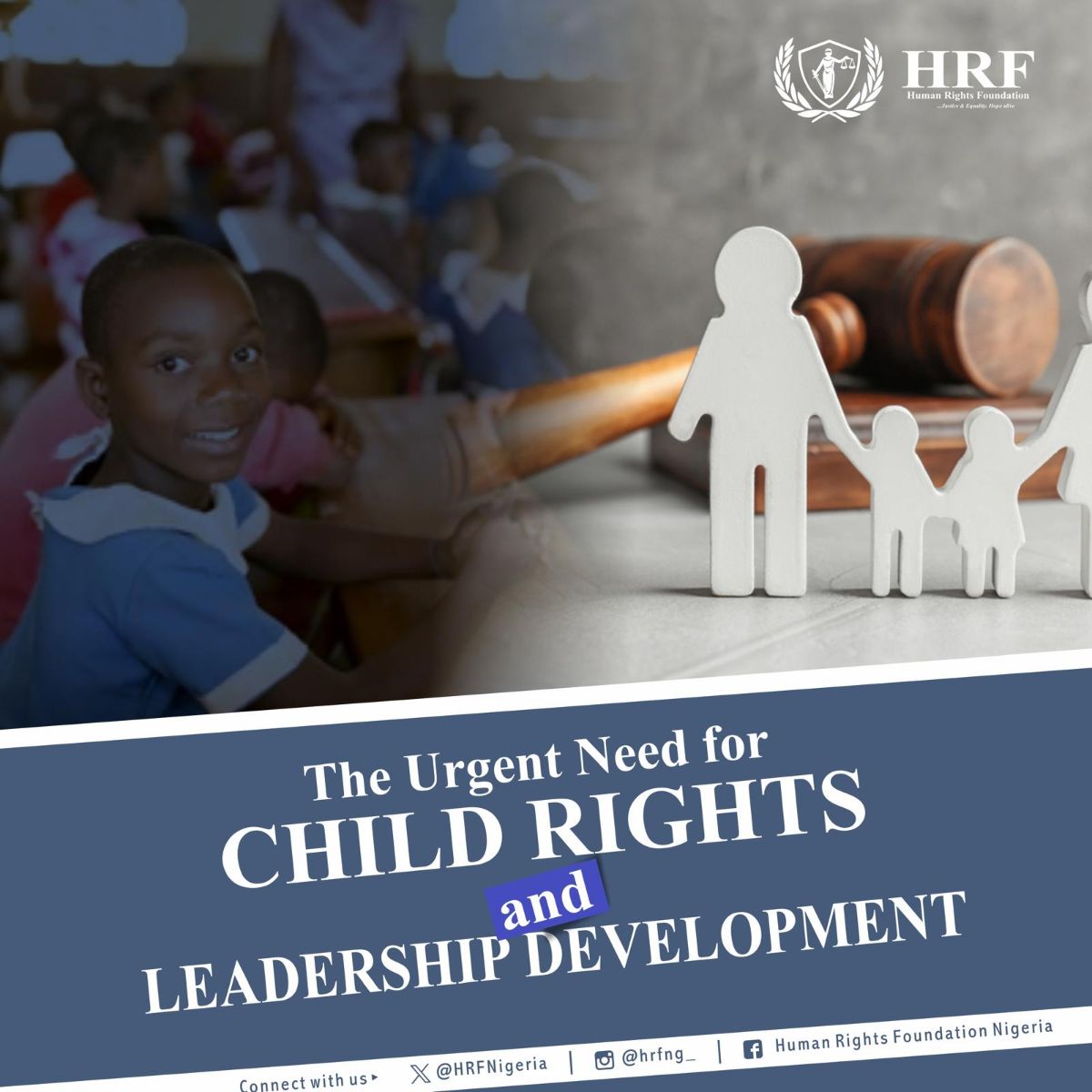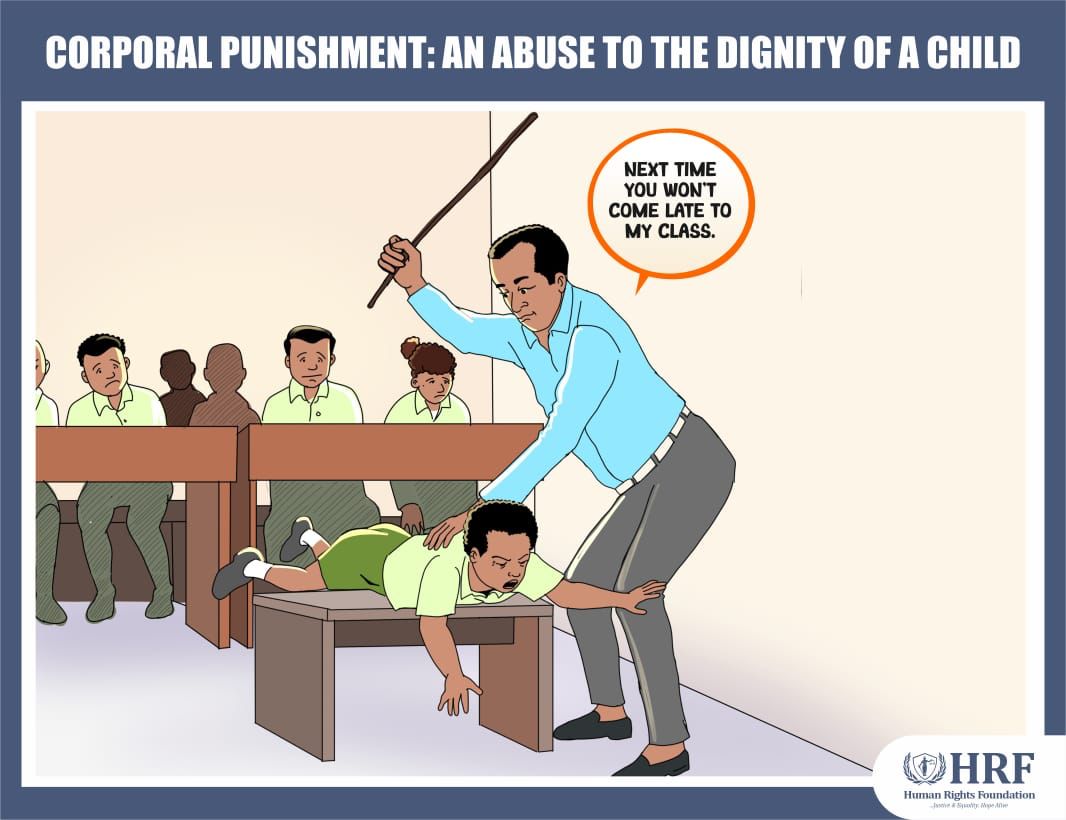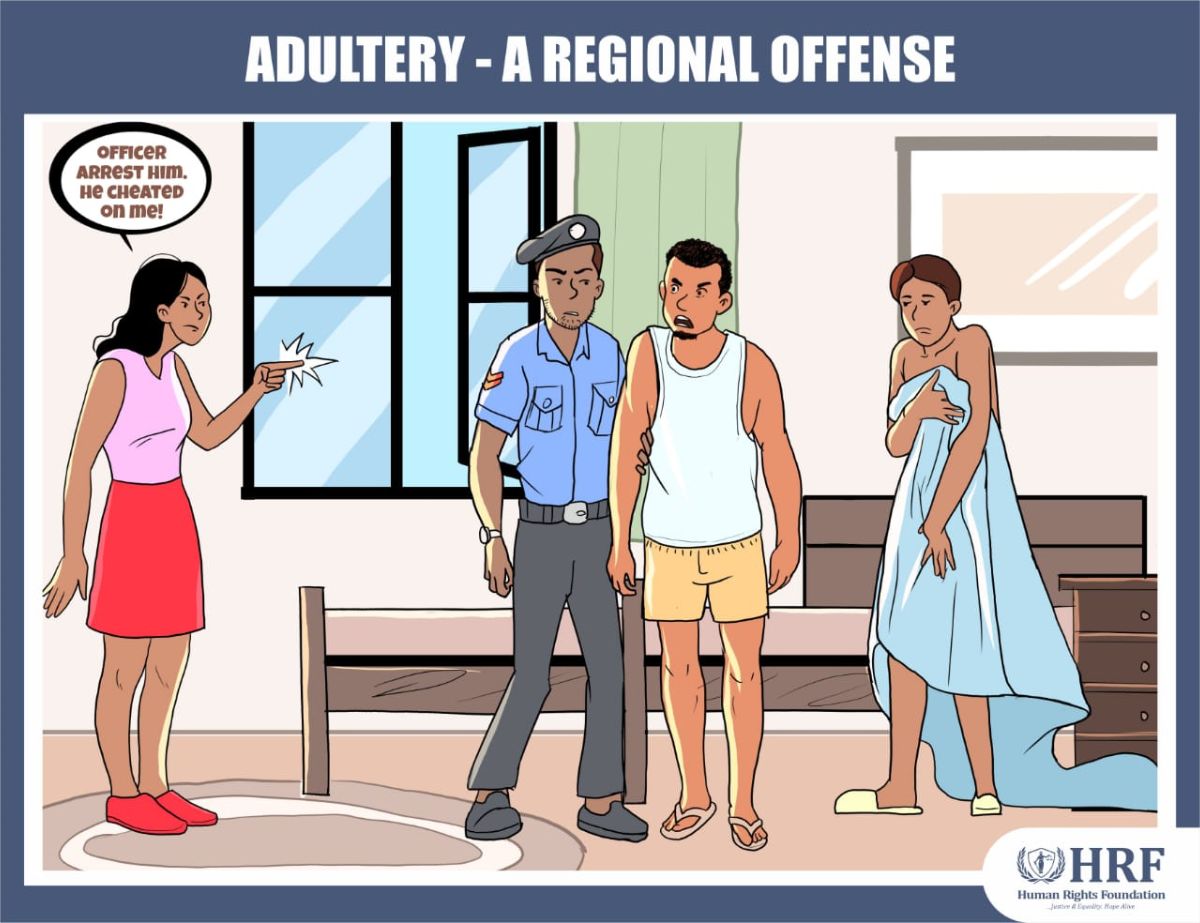
In an insightful call for national transformation, experts emphasize the importance of self-discovery and leadership training for children aged 13 to 17. The goal is to nurture a generation capable of taking up the mantle of leadership and contributing to Nigeria’s future. Understanding one’s strengths, weaknesses, and values at a young age can create a foundation for effective leadership. However, for this vision to succeed, children's rights must be safeguarded, ensuring they grow in environments that nurture their potential.
The Child Rights Act is a critical framework that should protect and promote the well-being of every Nigerian child. Enacted in 2003, it guarantees children the right to education, protection from abuse and exploitation, and the opportunity to thrive in a safe, supportive environment. Yet, the reality on the ground is far from ideal. Many children, particularly in marginalized communities, face neglect, early marriage, child labor, and violence, which undermine their development and stifle their potential.
Such abuses stand in stark contrast to the values we aim to instill in the next generation of leaders. It is impossible to cultivate self-awareness, confidence, and leadership skills in children who are denied access to education, subjected to violence, or forced into exploitative labor. These violations not only hinder the child’s development but also pose a threat to the nation’s future.
One of the primary challenges in enforcing child rights in Nigeria is the gap between law and practice. Although the Child Rights Act has been passed, implementation remains inconsistent across states. In many parts of the country, lack of awareness, inadequate resources, and deeply ingrained cultural practices continue to prevent children from enjoying their fundamental rights. In particular, the rights to education, protection from violence, and participation in decisions affecting their lives are often overlooked.
Recommendations:
1. Strengthen Legal Enforcement: A concerted effort must be made to ensure that the Child Rights Act is fully implemented across all states. This includes holding violators accountable and creating systems to monitor and enforce child protection laws effectively.
2. Awareness Campaigns: Public education campaigns must be launched to inform communities, parents, and local authorities about children's rights and the importance of nurturing future leaders.
3. Education and Support for Marginalized Children: Governments and NGOs must prioritize accessible and quality education for vulnerable children, offering safe spaces for learning and development. Special programs should focus on life skills, leadership, and self-discovery.
4. Community Engagement: It is essential to involve local communities in protecting and developing children. Traditional leaders, religious institutions, and local governments should actively participate in advocating for children's rights.
By empowering children to understand their potential and realize their leadership capacities, Nigeria can break the cycle of poverty, violence, and neglect. Protecting and upholding children’s rights is not just a moral obligation; it is a critical investment in the future of the nation. Through concerted efforts, we can ensure that the next generation of Nigerian leaders is well-equipped to lead with integrity, vision, and compassion.



.jpg)
0 Comments